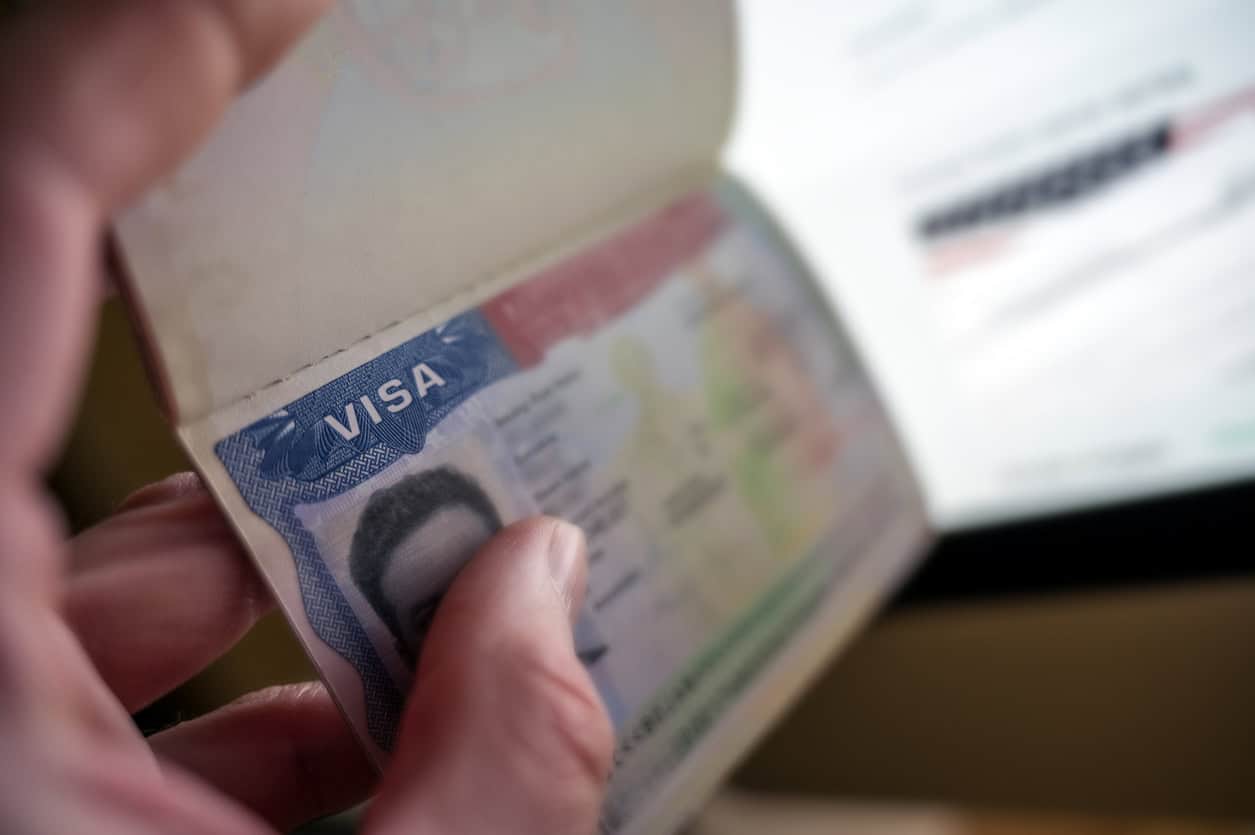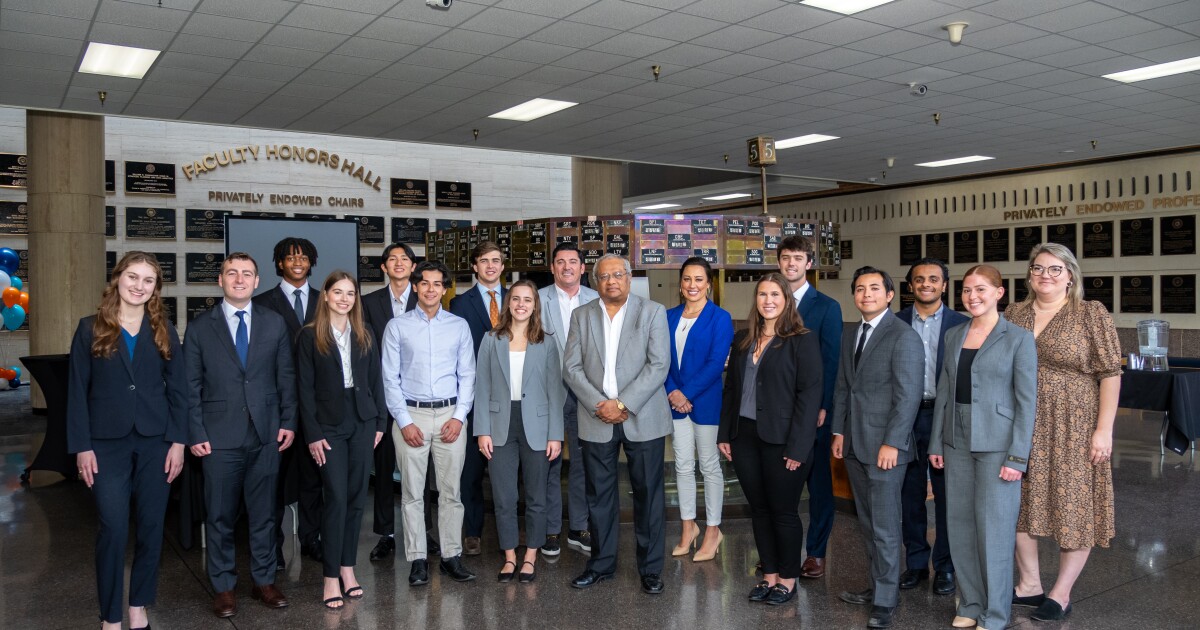Prostock-studio/Shutterstock
For many prospective faculty members, international faculty jobs may hold a strong appeal. A new country promises novel possibilities and experiences, and, often, the sense of beginning a brand-new life.
At the same time, eventually the novelty of a country wears off, and what once seemed exotic and exciting becomes banal. An international search adds complications to what is already a long and vexing process. What follows are some essential considerations for job applicants who are approaching faculty jobs abroad.
Pre-Application Considerations
Institutional and Regional Norms
Spending just 20 minutes researching the background of other faculty members in your potential future department, as well as local cultural norms, can go a long way in helping you decide if it is worth it to apply to a position. Are faculty members more or less well-published than in comparable U.S. institutions? Do faculty members seem to only present at conferences and publish in publications that are in the home country, or is their work more international? What is the prestige of the institution — how is it ranked nationally and internationally?
Locally and nationally, what are the social, religious, and political dynamics of your potential future home? One faculty member who asked to remain anonymous states, “The country where I am located does not offer the same kinds of civil rights protections that we…take for granted in the U.S. Certain kinds of political speech, as well as protest of any kind, are illegal here. Anyone considering taking a job in a foreign country should familiarize themselves with the local laws and think hard about whether they can reconcile these with their personal value commitments.” Posting to or reading about others’ experiences as expats on online discussion forums such as Reddit can help give you a taste of what life in the new country might offer.
Short and Long-Term Family and Personal Considerations
Whether you are moving by yourself or with family, issues like your ability to receive and maintain your desired visa status and the availability, cost, and quality of healthcare are crucial to weigh when evaluating an international move.
Other short-term considerations include the following: Will you be able to afford visits back home to see friends and family as frequently as you would wish? Will you have to work during Western or religious holidays? Will your children be eligible to attend public school, and if needed, can you afford a high-quality private school? How well can you and your family members adjust to language and cultural barriers?
Some of these initial hurdles are obvious, but what may be less obvious are many of the long-term considerations. What will you do about ailing parents back in your home country? Where and how will you retire?
Financial and Legal Factors
Before agreeing to an international position, it is vital to consider what your tax obligations will be, what your employment might mean for your Social Security account or your ability to utilize Medicare or disability benefits, and what banking institutions and financial tools you will use. How stable is the currency in the new country? Will you be eligible to open a bank account in that country? Will you need to transfer funds into U.S. currency, and if so, how favorable is the exchange rate and what kind of transaction fees might you incur? What kind of retirement plans will you be eligible to contribute to? Are apartments affordable and easy to rent, and are you eligible to buy property and receive a mortgage?
Considerations Once You Reach the Interview Stage
Daily Life and Community Fit
If you are selected to be interviewed, you should delve even deeper into what everyday life in the new country might be like, from how readily foreigners are accepted and whether there is a strong expat community to social and behavioral expectations. Online forums (or cold emails to faculty from Western backgrounds who teach at similar institutions in the new country) can be helpful with this.
Dr. Elisabeth Anderson, an associate professor of sociology at NYU Abu Dhabi, shares that “My university is a campus of expats — the vast majority of the faculty, staff, and students come from other countries. This makes it pretty easy to avoid social isolation since people in the expat community tend to be friendly, open, and eager to make friends. Language barriers are also not an issue here because this is an English-speaking campus and English is widely spoken in the country. Cultural barriers do exist and there is a tendency for expats from similar cultural backgrounds to stick to themselves. I have found that participating in campus-wide initiatives and committees helps me to get to know people from different disciplinary and cultural backgrounds. If you have children and send them to an international school, that will also create opportunities to meet people, including locals.”
Workload and Potential for Tenure and Promotion
Many foreign countries, including all countries in the UK, do not have tenure in the American sense, and they may have considerably higher or lower expectations for publication and research. Additionally, workload and class sizes can vary enormously depending on the country and institution. When considering a job at a foreign institution, it is imperative that you take into account whether you will be able to adequately manage the courseload and class sizes and how you will balance those with your research program and any service expectations.
For example, Dr. Roger Robins, professor of area studies and English at the University of Tokyo, notes that in Japan “[some] universities track closely to the international norm, while others expect faculty to maintain regular hours (not the “professional” flex-time, task-oriented model, but 9-5 like other staff) and to teach a courseload above the U.S. norm. Also, student behavior in the classroom may differ significantly from what one is accustomed to. Here in Japan, getting students to actively engage in conversation is challenging, but teachers in some other settings may face students who talk too much or are disruptive.”
Compensation Package and Research Infrastructure
Will your overall compensation package be enough to support your desired lifestyle? Will you be able to receive relocation support, housing subsidies, remuneration for visa expenses, health insurance, family/medical leave, schooling subsidies for children, spousal or partner support, start-up research funds, conference travel support, and credit towards sabbaticals or extended leaves?
What kind of library resources and databases will you have access to? What if you will need to purchase books and have them shipped internationally, or what if you will have to individually subscribe to certain databases? Be sure to survey the resources available locally and institutionally in order to determine what kind of supplementary research funding you might want to negotiate.
Always Have an Exit Strategy
Whether in America or abroad, an institution’s (or a department’s) health, leadership, and standards can rapidly change. Or, you might find that you are not thriving in the local or institutional culture.
Taking on a foreign faculty appointment should also involve a planned exit strategy. For that reason, it can be beneficial to plan your research and networking in a way that makes you appealing to both U.S. and foreign institutions. You might want to publish in U.S. publications, attend the major conference in your subject area in the U.S., and collaborate on research with U.S. faculty members.
Maintaining a strong professional presence online and participating in professional discussions and debates at conferences and through professional platforms can also be a good way to remain a strong candidate for U.S. positions. Additionally, taking on unique service commitments, such as managing a writing, grant, or research center, can help boost your profile and candidacy for new positions.
Overall, taking on a foreign faculty position is not for the faint of heart, but if the role is carefully researched and negotiated, the rewards of cultural exchange and exploration can be rich and life-changing.


























